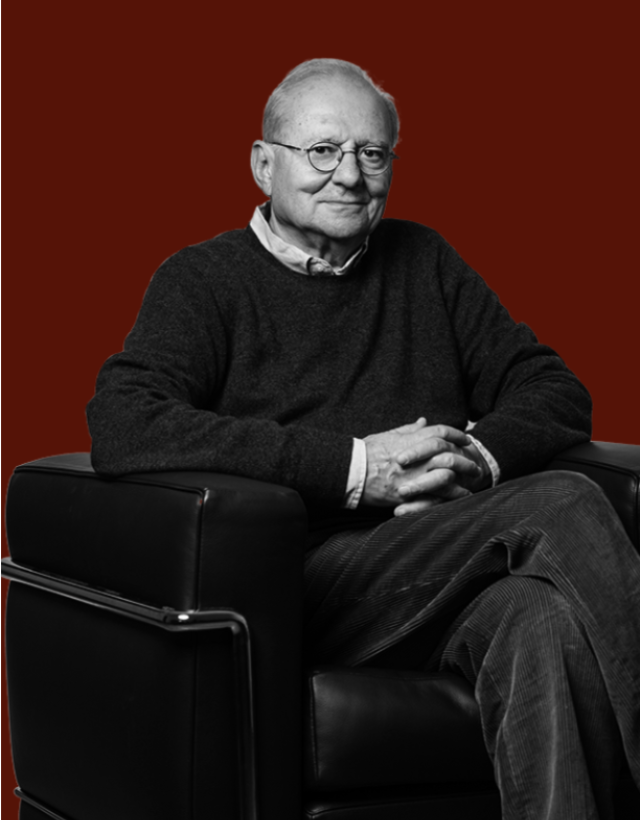The international Belongings: Jewish Material Culture in Twentieth-Century Europe and Beyond research training group is a joint project of the Hebrew University of Jerusalem, the University of Leipzig, and the Leibniz Institute for Jewish History and Culture – Simon Dubnow. Funded by the German Research Foundation (DFG) and the Alfred Landecker Foundation, it stands as the first joint bilateral graduate school doctoral program in the humanities between Germany and Israel.
The project is based on the premise that objects tell stories. By examining everyday items, artwork, books, and other material traces of Jewish life—particularly those that were lost, imagined, yearned for, or left a palpable void due to the upheavals of the 20th century—it seeks to uncover new perspectives on Jewish history and its entanglements with European history. Focusing on the period from the late 19th century to the present, the programme aims to create a comprehensive picture of the diverse Jewish lifeworlds in Europe and beyond.
The graduate school is interdisciplinary in scope and is organised along five research clusters:
- Practice: Folklore, cultural studies, ethnology, economic history, and the history of consumption
- Ownership: Social and institutional history, intellectual history, and law
- Text: Language, literature, and Jewish thought
- Memory: Holocaust and memory studies
- Stage: Theatre, performance studies, and art history
Promoting German-Israeli exchange in the humanities
Within the programme, 22 doctoral candidates and two postdocs collaborate in two cohorts in Jerusalem and Leipzig within a structured framework, mentored by professors at both universities. German-Israeli exchange is a key component of the programme: participants spend one year at the partner university, engaging in joint seminars, workshops, and conferences. This exchange not only fosters academic collaboration but also enhances intercultural understanding and the development of international networks.
The programme is complemented by language courses and training in academic key skills. Since the topic is closely related to museums, archives, and libraries that preserve Jewish material culture, collaboration between doctoral candidates and cultural institutions is also encouraged to open up career pathways beyond academia.
The graduate school is a promising case of innovative research on Jewish history and culture. By integrating interdisciplinary research, international collaboration, and a focus on material culture, it contributes to gaining new insight into Jewish lifeworlds in the 20th century and the present, while deepening the understanding of European history. Furthermore, it sets new standards for German-Israeli collaboration in the humanities and serves as a model for future international doctoral programmes.
Call for Applications: Applications for the second cohort of the doctoral programme is now open. More information here.


